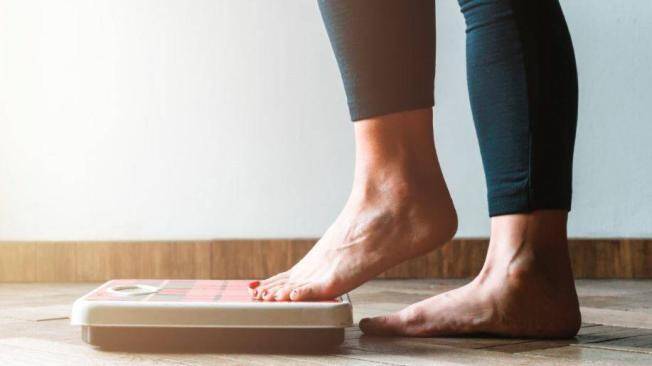Study reveals which type of body fat promotes aging and which, on the contrary, protects the body

A study conducted by the Medical Research Council (MRC) Laboratory of Medical Sciences in London, in collaboration with Imperial College London, has identified the impact of different types of body fat on the aging of the heart and blood vessels.
The results, published in the European Heart Journal, reveal that visceral fat , which accumulates in the depths of the abdomen and surrounds internal organs such as the stomach, liver, and intestines, is associated with accelerated cardiovascular aging.
This fat is not visible from the outside, and can be present at high levels even in people with a healthy weight, making it a risk factor that is difficult to detect without specific studies.
"Our research shows that 'bad' fat, hidden deep within the organs, accelerates heart aging. However, some types of fat may protect against aging, specifically fat around the hips and thighs in women," said Declan O'Regan, study leader and researcher at the MRC and Imperial College London.
According to their findings, differences in fat distribution between men and women also play an important role . In women, fat accumulation in the hips and thighs could offer a protective effect against cardiac aging, while in men, the typical deposits in the abdomen are linked to more accelerated heart aging.

Scientists find that abdominal fat damages the heart, even in thin people. Photo: iStock
The research warns that Body Mass Index (BMI) is not a reliable indicator for predicting the biological age of the heart. “We also showed that Body Mass Index (BMI) was not a good predictor of heart age, underscoring the importance of understanding where fat is stored in the body, not just total body weight,” O'Regan said.
In this regard, research has also indicated that even physically active people may have elevated levels of visceral fat , which poses a risk to their cardiovascular health.
Therefore, the scientific team plans to evaluate in the future whether pharmacological treatments such as GLP-1 inhibitors (including the drug Ozempic) can not only combat diabetes and obesity, but also slow the aging associated with this internal fat. The usefulness of this therapeutic approach could represent a significant advance in the prevention of age-related cardiac decline.

Fat in the hips and thighs may protect the heart in women, according to research. Photo: iStock
The negative effects of visceral fat have also been linked to other factors such as high blood pressure and high cholesterol . “We already know that excess visceral fat around the heart and liver can lead to increased blood pressure and high cholesterol, so it’s concerning that it may also contribute to accelerated aging of the heart and blood vessels,” explained Bryan Williams, scientific and medical director of the British Heart Foundation, one of the organizations that funded the study along with the UK Medical Research Council and the National Institute for Health and Care Research’s Imperial College Biomedical Research Centre.
The study included 21,241 people from the UK Biobank. Using advanced full-body imaging, researchers were able to accurately determine the amount and distribution of body fat.
Artificial intelligence was used to analyze the data, which allowed us to evaluate signals related to stiffness and inflammation in tissues of the cardiovascular system and establish a "heart age," which was subsequently compared to the chronological age of the participants.

Study indicates that BMI doesn't predict cardiac aging like visceral fat. Photo: iStock
The results also point to a possible protective role of hormone levels, particularly in menopausal women. High estrogen levels were found to be associated with a slower rate of heart aging.
This observation suggests that hormones may influence the way fat is distributed and its effects on cardiovascular health. “Since the pattern of fat distribution typically seen in women's bodies is linked to estrogen, this hormone may be key to future therapies developed to address cardiac aging (…) Eating a healthier diet and being more active may help reduce visceral fat levels,” Williams concluded.
More news in EL TIEMPO *This content was rewritten with the assistance of artificial intelligence, based on information published by Europa Press, and reviewed by the journalist and an editor.
eltiempo




